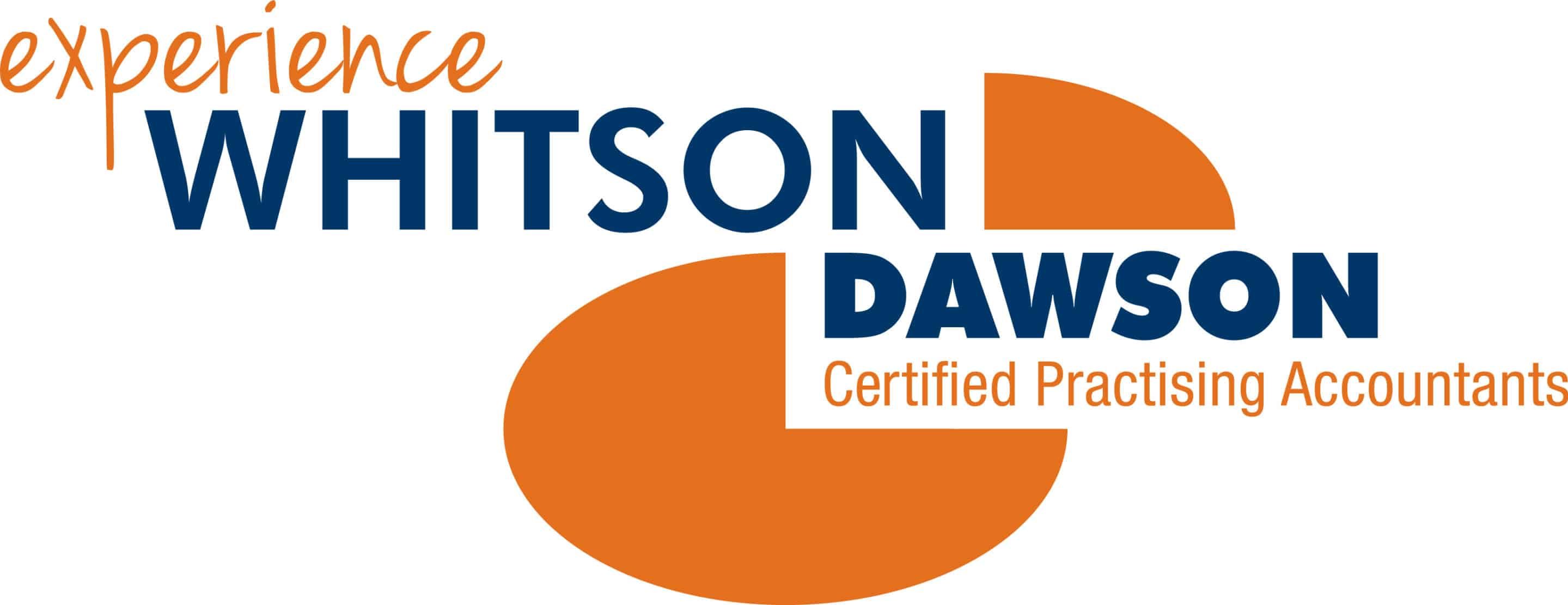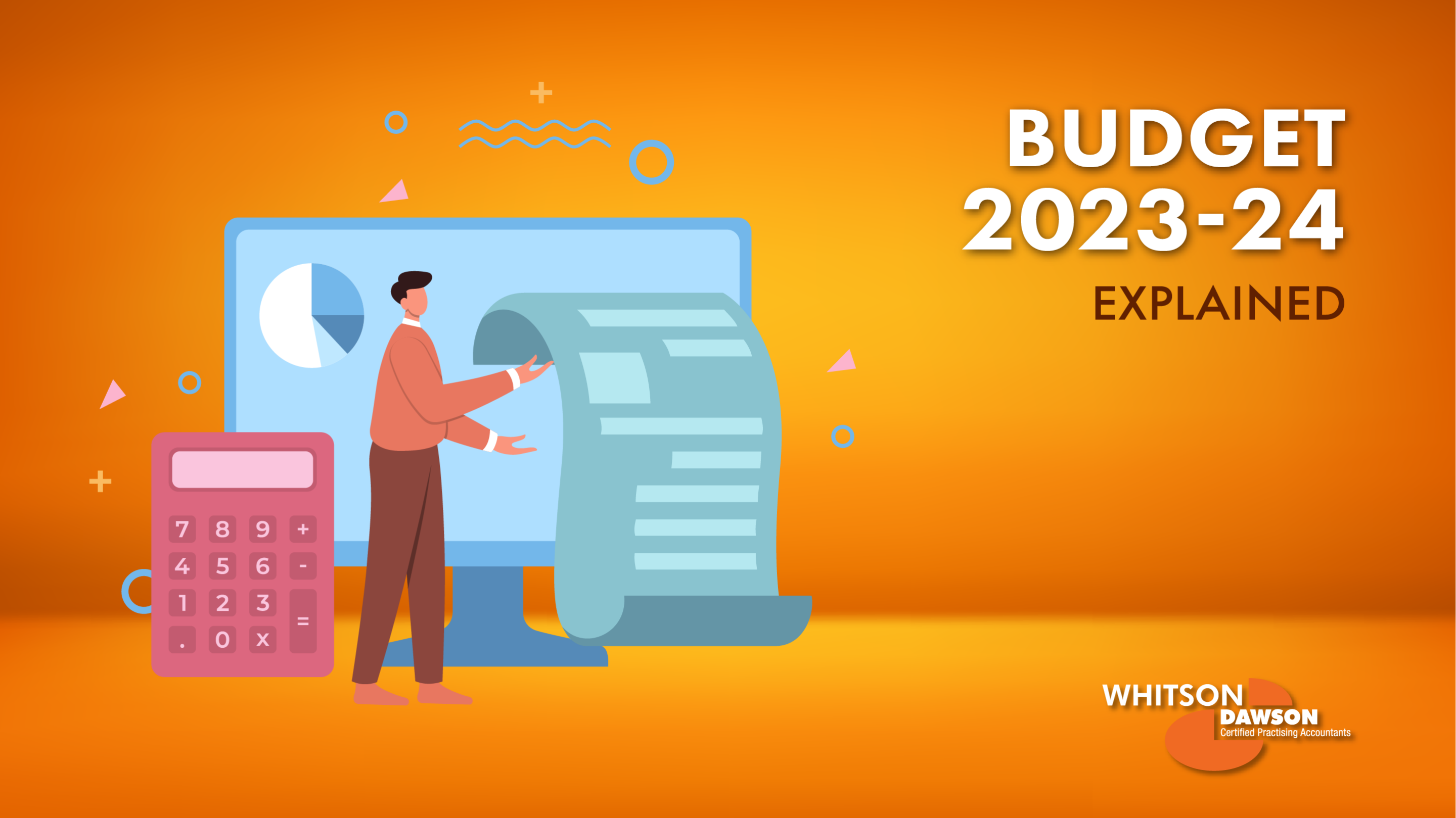The Australian government has announced significant changes to its tax and welfare policies, which will be implemented in the 2023-24 financial year. These changes will affect various areas, including businesses, individuals, superannuation, and tax administration. This blog post will be broken down into five sections to discuss each of these changes in detail.
The first section will discuss the changes to small business depreciation, followed by the increased deductions for small and medium-sized businesses. The third section will cover changes to income support payments for individuals, including the increased rate and expanded eligibility. The fourth section will examine changes to superannuation policies, including reducing tax concessions and the requirement for employers to pay superannuation guarantee on payday.
Finally, the fifth section will discuss tax administration changes, including lowering the administrative burden for small and medium-sized businesses.
Business
Small business depreciation
The instant asset write-off threshold for small businesses applying the simplified depreciation rules will be $20,000 for the 2023–24 income year.
Small businesses that turnover less than $10 million annually can choose to calculate capital allowances on depreciating assets under a simplified regime. This measure will apply a $20,000 threshold for the immediate write-off, applicable to eligible assets costing less than $20,000 first used or installed between 1 July 2023 and 30 June 2024. The $20,000 threshold will apply on a per asset basis, so small businesses can instantly write-off multiple low-cost assets.
However, this threshold had been suspended during the operation of temporary full expensing from 6 October 2020 to 30 June 2023. Additionally, the provisions that prevent a small business entity from choosing to apply the simplified depreciation rules for 5 years after opting out will continue to be suspended until 30 June 2024.
Increased deductions
An additional 20% deduction will be available for small and medium business expenditure supporting electrification and energy efficiency.
The additional deduction will be available to businesses with aggregated annual turnover of less than $50 million. Eligible expenditure may include the cost of eligible depreciating assets, as well as upgrades to existing assets, that support electrification and more efficient use of energy. Certain exclusions will apply, including for electric vehicles, renewable electricity generation assets, capital works, and assets not connected to the electricity grid that use fossil fuels.
The total eligible expenditure will be capped at $100,000, with a maximum additional deduction available of $20,000 per business. This will apply to eligible assets or upgrades first used or installed ready for use between 1 July 2023 and 30 June 2024. Full details of eligibility criteria ware yet to be finalised.
The FBT exemption for eligible plug-in hybrid electric cars will end on 1 April 2025 and arrangements involving plug-in hybrid electric cars entered into between 1 July 2022 and 31 March 2025 will remain eligible for the exemption.
Individuals
Increased rate for income support payments
Income support payment base rates will be increased by $40 per fortnight. This increase will apply to JobSeeker Payment, Youth Allowance, Parenting Payment (Partnered), Austudy, ABSTUDY, Disability Support Pension (Youth) and Special Benefit from 20 September 2023.
Expanded eligibility
The minimum age for which older people qualify for the higher JobSeeker Payment rate will be reduced from 60 to 55 years. This change will apply to those who have received the payment for 9 or more continuous months. Alongside this change, eligible recipients will also receive an increase in their base rate of payment of $92.10 per fortnight.
Workforce participation incentive
The workforce participation incentive to support pensioners who want to enter the workforce, or work more hours, without impacting their pension payments will be extended for another 6 months to 31 December 2023.
Improved support for single parents
Eligibility for the single parent payment is being will be extended to support single principal carers with a youngest child under 14 years of age, which was previously only available to those with a child aged under 8 years of age.
This improved support for single parents will provide wellbeing benefits particularly for single mothers, who are overwhelmingly the recipients of this payment. This measure recognises that caring responsibilities can act as a barrier to employment while also recognising that connections with the labour force are likely to improve economic outcomes throughout a carer’s lifetime.
Increase in the supply of social and affordable housing
A number of housing measures such as the increase of supply of social and affordable housing will be introduced to improve access to home buyers.
Superannuation
Reducing tax concessions
Superannuation earnings tax concessions will be reduced for individuals with total superannuation balance over $3 million.
From 1 July 2025, earnings on balances that exceed $3 million will incur a higher concessional tax rate of 30% (up from 15%). This will correspond to the proportion of an individual’s total superannuation balance that is greater than $3 million. The change does not impose a limit on the size of superannuation account balances in the accumulation phase but does apply to future earnings.
Earnings relating to assets below the $3 million threshold will continue to be taxed at 15%, or zero if held in a retirement pension account.
Employers will be required to pay super guarantee on payday
Employers will be required to pay their employees’ superannuation guarantee (SG) entitlements at the same time as they pay their salary and wages from 1 July 2026.
Employers are currently required to make SG contributions for an employee on a quarterly basis to avoid incurring a superannuation guarantee charge.
The proposed commencement date of 1 July 2026 is intended to provide employers, superannuation funds and payroll providers sufficient time to prepare for the change.
These changes will also be required to align with the increased payment frequency with the final framework to be a part of the 2024–25 Budget.
Tax Administration
Lowering administrative burden for small and medium businesses
The government will provide $21.8 million over the next 4 years from 2023–24 to the ATO to lower tax related administrative burden for small and medium businesses. The government will also provide an additional ongoing amount of $1.4 million per year.
The funding will include the following:
- $12.8 million over 3 years from 2023–24 to trial an expansion of the ATO independent review process to businesses who turnover between $10 million and $50 million. This is subject to an ATO audit and the trial will commence on 1 July 2024, running for 18 months.
- $9 million over 4 years from 2023–24 (and $1.4 million per year ongoing) for 5 new tax clinics from 1 January 2025. This is to improve access to tax advice and assistance for 2.3 million businesses. Eligibility for funding will be extended to TAFE institutions to improve access to tax clinic services in regional areas.
The measure also delivers reforms to cut paperwork and reduce the time small businesses spend doing taxes:
- From 1 July 2024, small businesses will be permitted to authorise their tax agent to lodge multiple Single Touch Payroll forms on their behalf.
- From 1 July 2025, small businesses will be permitted up to 4 years to amend their income tax returns.
- The GDP adjustment factor for pay as you go (PAYG) and GST instalments will be set at 6% for the 2023–24 income year, a reduction from 12% under the statutory formula.
- The 6% GDP adjustment rate will apply to small businesses and individuals who are eligible to use the relevant instalment methods (up to $10 million annual turnover for GST instalments and $50 million annual turnover for PAYG instalments).
Administration of student loans
From 2022–23 funding of $87.8 million over 5 years will be provided to improve the administration of student loans and enhance the security and privacy of data holdings. This will include $53.1 million in capital funding, and $2.0 million per year ongoing.
The funding will include:
- $42.2 million over 4 years from 2023–24 for the Department of Employment and Workplace Relations to implement a new digital solution to support the efficient and effective administration of the VET Student Loans program.
- $36.9 million over 5 years from 2022–23 (and $2 million per year ongoing) for the Department of Education to improve data quality, analytic support and the security of tertiary student loan records.
- $8.7 million over 2 years from 2023–24 for the Commonwealth Ombudsman and the Department of Employment and Workplace Relations to extend the VET FEE-HELP student redress measures by one year.
Additionally, from 2022–23, the government will forgo $5.4 million in receipts over 5 years (and $15.5 million over 2 years to 2033–34). This is to support students affected by a delay in the transfer of some historical tertiary education loan records to the ATO.
This will mean waiving the following debts for affected loans:
- Historical indexation, as well as indexation that will be applied on 1 June 2023 on loans issued prior to 1 July 2022 under the Higher Education Loan Program, the VET Student Loans program, the Trade Support Loans program and on loans issued in 2017 and 2018 under the VET FEE-HELP program.
- Outstanding debt for VET FEE-HELP loans issued from 2009 to 2016.
Growth of businesses’ tax and superannuation liabilities
Additional funding will be provided over 4 years from 1 July 2023 to enable the ATO to engage more effectively with businesses to address the growth of tax and superannuation liabilities.
The additional funding will assist taxpayers who have high-value debts over $100,000 and aged debts older than 2 years where those taxpayers are either public and multinational groups with a turnover of greater than $10 million, or privately owned groups or individuals controlling over $5 million of net wealth.
A lodgement penalty amnesty program is being provided for small businesses with a turnover of less than $10 million to encourage them to re-engage with the tax system. The amnesty will remit failure-to-lodge penalties for outstanding tax statements lodged in the period from 1 June 2023 to 31 December 2023 that were originally due during the period from 1 December 2019 to 29 February 2022.
Extension of personal income tax compliance program
The Personal Income Tax Compliance Program will be extended for 2 years from 1 July 2025 and its scope expanded from 1 July 2023.
This extension will enable the ATO to continue to deliver a combination of proactive, preventative and corrective activities in key areas of non-compliance, and to expand the scope of the program to address emerging areas of risk.
GST and other Indirect Tax
Crackdown on GST compliance
Nearly $600 million will be allocated, over an additional 4 years, to GST compliance. This is estimated to generate additional GST receipts of $3.8 billion and the same amount again in other taxes over the 5 years from 2022-23.
The Tax Experts
If you need assistance managing your tax in Mackay, get in touch with us at Whitson Dawson. Our team of accountants specialise in providing quality tax and accounting services for individuals and businesses. Contact us today for all your taxation needs.







Recent Comments